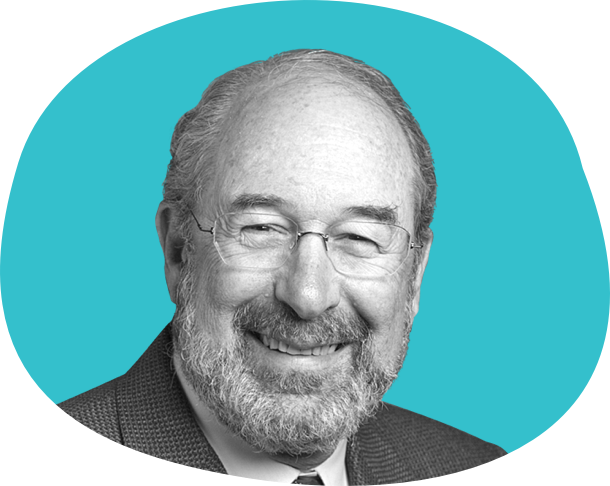Adoptive T-cell therapy is a novel cancer treatment strategy in which T cells (a type of white blood cells) are isolated from a cancer patient, genetically modified to express tumor-targeting receptors, expanded in the laboratory, and then re-infused into the same patient.
Several clinical trials have shown that T cells expressing chimeric antigen receptors (CARs) that target the B-cell marker CD19 can eradicate advanced B-cell leukemia and lymphoma for patients who had been unsuccessfully treated by conventional therapies. CD19 CAR-T cells’ remarkable clinical outcomes highlight the transformative potential of CAR–T-cell therapy for cancer. However, the CD19 CAR remains the only CAR that has consistently achieved robust clinical efficacy, and the basis of its functional superiority remains unclear. Incomplete understanding of the parameters that critically influence CAR functionality has limited the rational design of novel CARs. As a result, CAR development remains dependent on trial-and-error approaches that are costly and inefficient.
To address this important limitation, we propose a high-throughput, performance-based method to generate robustly functional CARs. Products of the screening process will be systematically analyzed to determine whether specific molecular properties dictate CAR functionality.
Results of these studies will enhance our ability to efficiently engineer novel CAR–T-cell therapeutics. CARs are synthetic proteins that bind to specific disease markers (antigens) via an extracellular sensing domain consisting of a single-chain variable fragment (scFv).
Previous studies have shown that the scFv domain is not only critical to targeting specificity, but also affect the overall effectiveness of the CAR molecules and the T cells in which the CARs are expressed. Here, we describe a novel screening method by which CAR molecules with diverse scFv sequences will be expressed in human T cells and selected based on their ability to (1) prevent premature T-cell exhaustion and (2) promote T-cell proliferation upon exposure to antigens.
The high-performance CARs generated through this process will be analyzed for specific properties—including tendency for spontaneous receptor clustering, scFv-antigen binding affinity and kinetics, and potential synergy between a given scFv sequence and particular co-stimulatory domains incorporated in the CAR. Results of these analyses will elucidate whether any of these properties can be specifically engineered to enhance CAR functionality.
CAR–T-cell therapy has been hailed as one of the most promising breakthroughs in cancer therapy, and its full potential beyond the treatment of B-cell malignancies remains to be realized. Successful completion of the proposed research will significantly improve the efficiency by which highly functional CARs targeting new disease markers can be generated, thus facilitating the development of novel therapeutics for diseases that await better treatment options.













